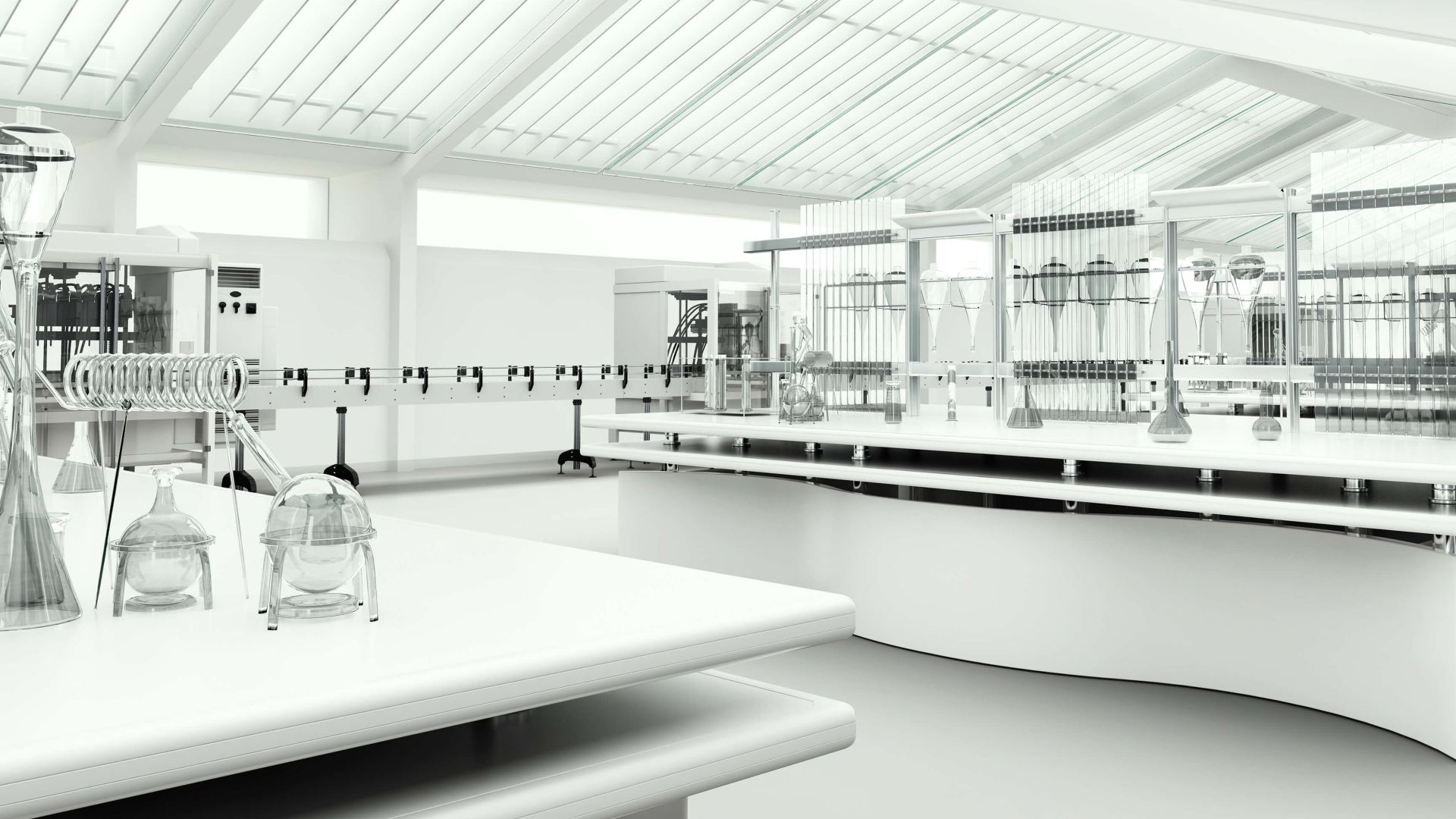RESINOUS FLOOR AND WALL SURFACES FOR
PHARMACEUTICAL MANUFACTURING
COURSE DESCRIPTION
Surfaces in pharmaceutical manufacturing facilities face some of the harshest environmental conditions of any industry and care must be taken in selecting the correct surface for each area of the facility. The right system protects your investment, the wrong system could result in costly repairs, damage to the building and its contents, possibly an early replacement, regulatory citation or disruption to staff. During the presentation, the presenter will discuss the following learning objectives to get a better understanding of resinous floor and wall surfaces for pharmaceutical manufacturing.
LEARNING OBJECTIVES
- What factors should be considered in the design criteria
- How to write specifications, project documentation, and qualifications
- How to assess installation conditions
- Implementing proper surface preparation
- Defining system types and their proper environments
WHAT IS RESINOUS FLOORING?
Typically comprised of materials that include polymeric materials such as epoxy, polyurethane, and acrylic (MMA), resinous flooring is cast in place. In addition to its many advantages over traditional systems, resinous flooring has the significant benefit of meeting multiple requirements for a wide range of applications.
The three materials commonly used for resinous flooring are epoxy, polyurethane, and acrylic (MMA).
Epoxy
A copolymer derived from two or more monomeric species, epoxy is formed from two different chemicals, referred to as the “resin” or “compound” and the “hardener” or “activator.” Epoxy has a wide range of applications the include flooring, fiber-reinforced plastic materials and general purpose adhesives.
Polyurethane
Polyurethane polymers are formed by combining two bi- or higher functional monomers (a molecule that may bind chemically to other molecules to form a polymer). Polyurethanes are used in the manufacture of a wide range of products, from foam seating, rigid foam insulation panels to microcellular foam seals and gaskets and high-performance adhesives.
Acrylic (MMA)
Acrylic resin is a general term for any one of the plastics (resin) generated through chemical reaction by applying polymerization initiator and heat to a monomer. Methyl methacrylate monomer (MMA) is a transparent, colorless fluid substance and emits a highly offensive odor during application. Surrounding areas must be properly ventilated and evacuated during installation.
ADVANTAGES OF RESINOUS FLOORING
Best Life Cycle Cost - Better than carpet, tile, and sheet goods and low maintenance required.
Seamless & Non-Porous - Easily cleaned and will not harbor dirt or bacteria and naturally resists microbial and mold growth.
Extremely Tough - Can be designed to handle most mechanical and chemical environments.
Unlimited Design Potential - Customized… thickness, slip resistance, waterproofing, moisture vapor suppression, aesthetics, colors, logos, conductivity, and so on.
So to summarize, these are the reasons resinous flooring is a great choice over carpet tile and sheet goods.
Resinous flooring, when the right system for the intended use is installed properly, can last 20+ years. If the owner wants to “refresh” the floor after 5 – 10 years it can be re-topcoated for a fraction of the initial installed cost.
Renewable and sustainable. Can be refinished rather than removed and placed in a landfill.
| Epoxy | Polyurethane/Aspartic | Polyurethane/Aliphatic | Cementitious Urethane |
|---|---|---|---|
| 12-hour cure | 4-hour cure | 12-hour cure | 8-hour cure |
| Slab Temp 60F | Slab Temp 40F | Slab Temp 50F | Slab Temp 40F |
| High Strength | High Strength | Moderate Strength | Moderate Strength |
| Excellent wear | Excellent wear | Excellent wear | Excellent wear |
| Good Chemical Resistance | Excellent Chemical Resistance | Excellent Chemical Resistance | Excellent Chemical Resistance |
| Highest sensitivity to moisture | High sensitivity to moisture | Lowest sensitivity to moisture | Lowest sensitivity to moisture |
| Only up to 140ºF | Suitable up to 140ºF | Suitable up to 140ºF | Suitable up to 248ºF |
| Low UV stability | High UV stability | High UV stability | Low UV stability |
| No thermal shock resistance | Moderate thermal shock resistance | Moderate thermal shock resistance | Excellent thermal shock resistance |
| Low Odor | Low Odor | Low Odor | Low Odor |
| Slow Install time | Fast Install time | Slow install time | Fast install time |
Epoxy Urethane systems are the workhorse in the industrial flooring market. While there are many types of epoxies and urethanes, as a general rule they tend to provide excellent resistance to a wide range of chemicals. They offer protection from impact and traffic wear as well. These systems can be installed at thicknesses ranging from thin mil coatings of 10-15 mils, up to trowel down systems of ¼” and greater.
Describe resin differences and use the chart above to illustrate.
RESINOUS SURFACE SOLUTIONS
With resinous flooring, you can easily adjust the level of non-skid. The photographs below are samples of colors and surface textures. On the far left-hand side, you can have textures as smooth as glass, or if we look on the far right-hand side, we can get textures from a non-skid standpoint.
These systems are designed for OSHA and ADA compliance.
OSHA Recommends - Walkways ≥ 0.5 or greater
ADA Recommends - Walkways ≥ 0.6, Ramps ≥ 0.8
WATCH THE WEBINAR RECORDING
ARRANGE A COMPLIMENTARY FLOOR AUDIT TODAY
Please fill out the form below to request a no-cost floor audit by a Sika industry expert.

